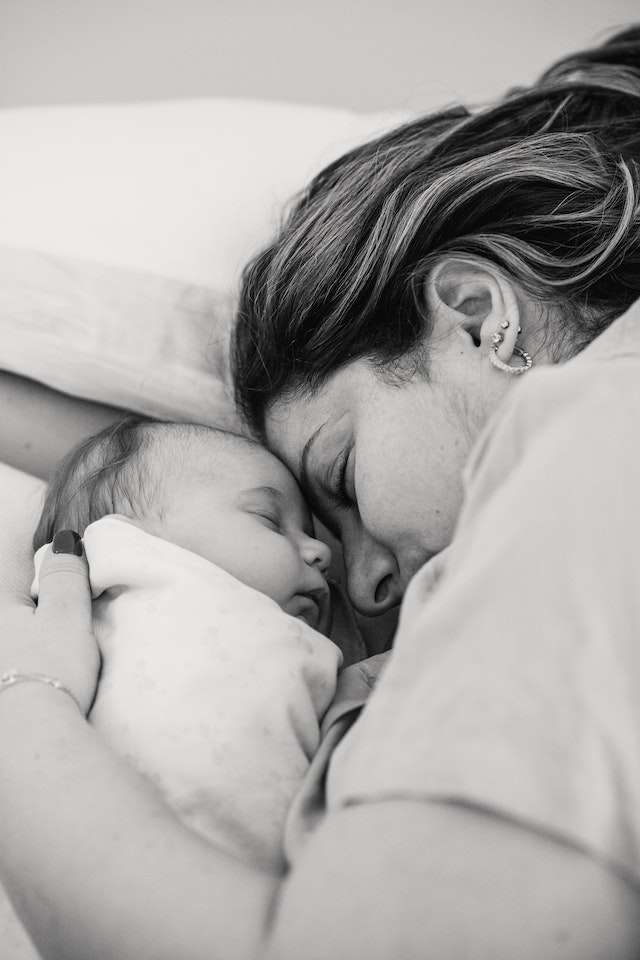Introduction:
Bringing home, a newborn is a joyous and transformative experience for any family. Amidst the happiness, one challenge that new parents commonly face is managing the baby’s sleep. Newborns have unique sleep patterns, and establishing healthy sleep habits from an early stage is crucial for their growth and development. In this article, we will explore essential tips to help you ensure better sleep for both your newborn and yourself.
Understanding Newborn Sleep Needs
Newborns have distinct sleep needs compared to older children and adults. They sleep for an average of 16 to 17 hours a day, but their sleep is fragmented into short periods. Understanding that this is a normal sleep pattern for infants can help parents be more patient and adjust their expectations accordingly.
Creating a Calm Sleep Environment
A conducive sleep environment plays a significant role in promoting healthy sleep habits for your newborn. Keep the baby’s sleep area clutter-free and maintain a comfortable room temperature. Dim the lights during nighttime feedings and diaper changes to avoid stimulating the baby too much, making it easier for them to settle back to sleep.

Establishing a Consistent Sleep Routine
Newborns thrive on routines, and establishing a consistent sleep routine can work wonders in helping them understand when it’s time to sleep. Incorporate soothing activities before bedtime, such as gentle rocking or singing a lullaby. Consistency will signal to the baby that it’s time to wind down and prepare for sleep.
Nurturing Self-Soothing Techniques
While it’s natural for newborns to seek comfort from their caregivers, encouraging self-soothing techniques can promote better sleep independence as they grow. Give your baby some time to self-settle before rushing in to comfort them. This allows them to develop self-soothing skills and learn how to fall back asleep on their own.
Limiting Daytime Naps
While newborns need plenty of sleep, excessive daytime naps can interfere with their nighttime sleep schedule. Ensure that your baby gets enough exposure to natural light during the day, which can help regulate their circadian rhythm and distinguish between day and night.
Safe Sleep Practices
Safety is paramount when it comes to newborn sleep. Always put your baby to sleep on their back, in a firm and flat sleep surface. Keep the crib free from soft bedding, pillows, and stuffed animals to reduce the risk of suffocation or sudden infant death syndrome (SIDS).
Taking Turns with Your Partner
Caring for a newborn can be exhausting, especially during nighttime awakenings. Work out a schedule with your partner to take turns comforting and feeding the baby at night. This way, both parents get a chance to rest and recharge, reducing parental exhaustion.
Listen to Your Baby’s Cues
Every baby is unique, and there is no one-size-fits-all approach to sleep. Pay attention to your baby’s cues and adapt your strategies accordingly. Some babies may need more or less sleep than others, and being attuned to their needs will help you create a sleep routine that suits them best.
In conclusion, establishing healthy sleep habits with your newborn is essential for their well-being and your own. Understanding their sleep needs, creating a peaceful sleep environment, following a consistent sleep routine, and nurturing self-soothing techniques can make a significant difference in your baby’s sleep patterns. Remember, it’s a learning journey for both you and your little one, so be patient and flexible as you navigate the world of parenthood and sleep.










